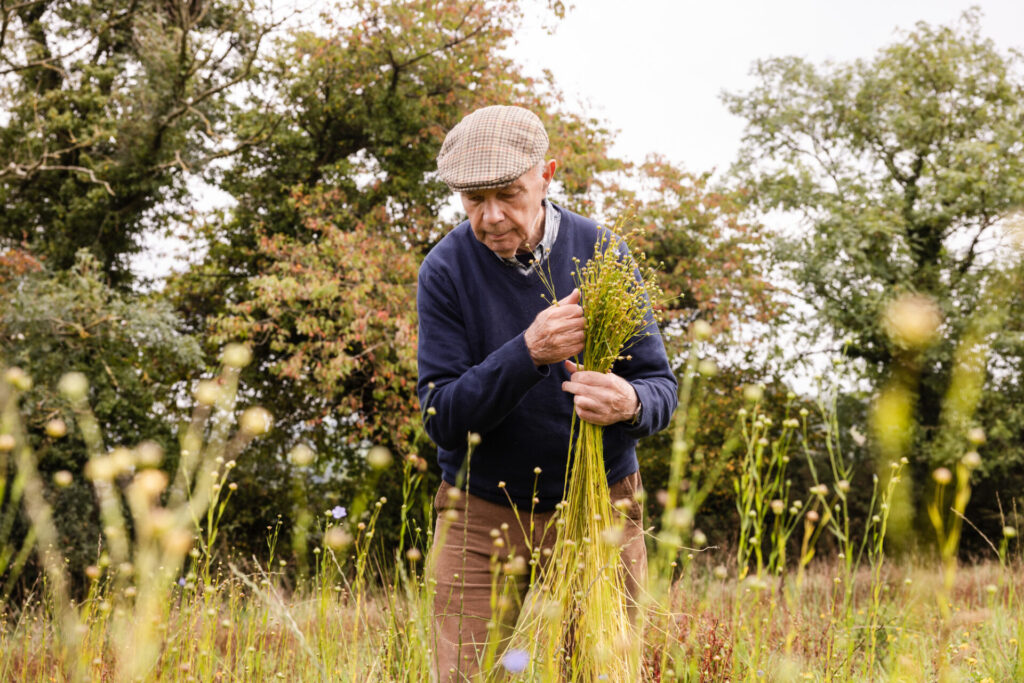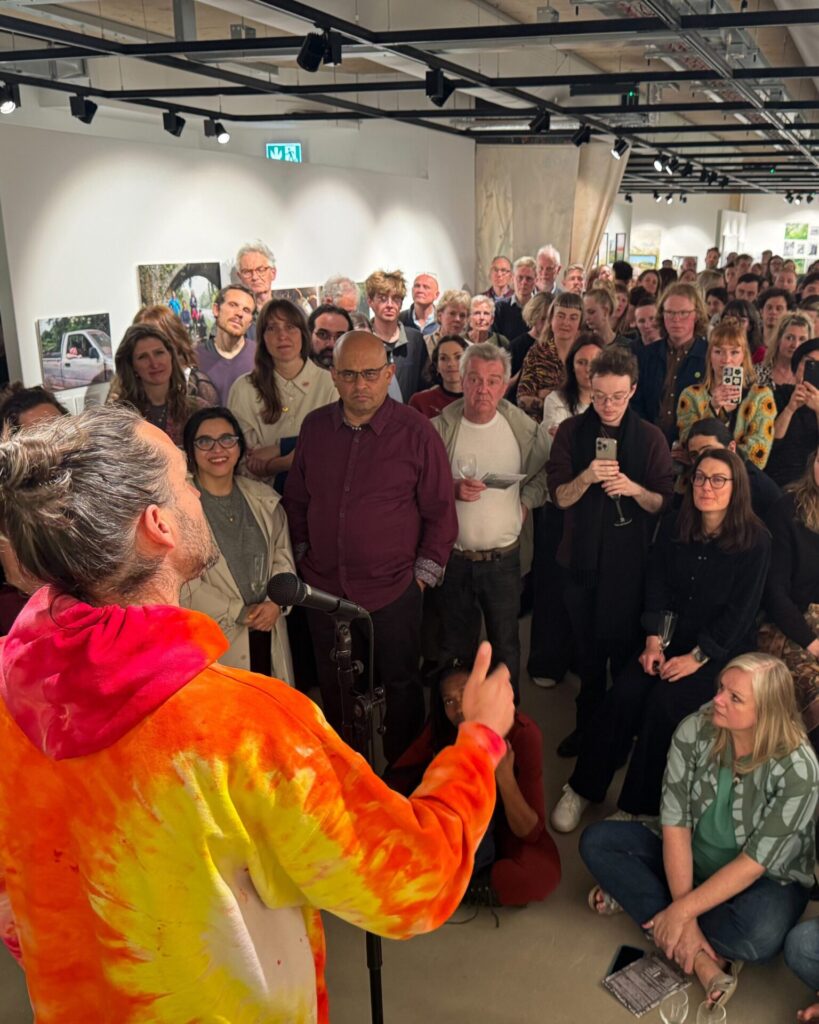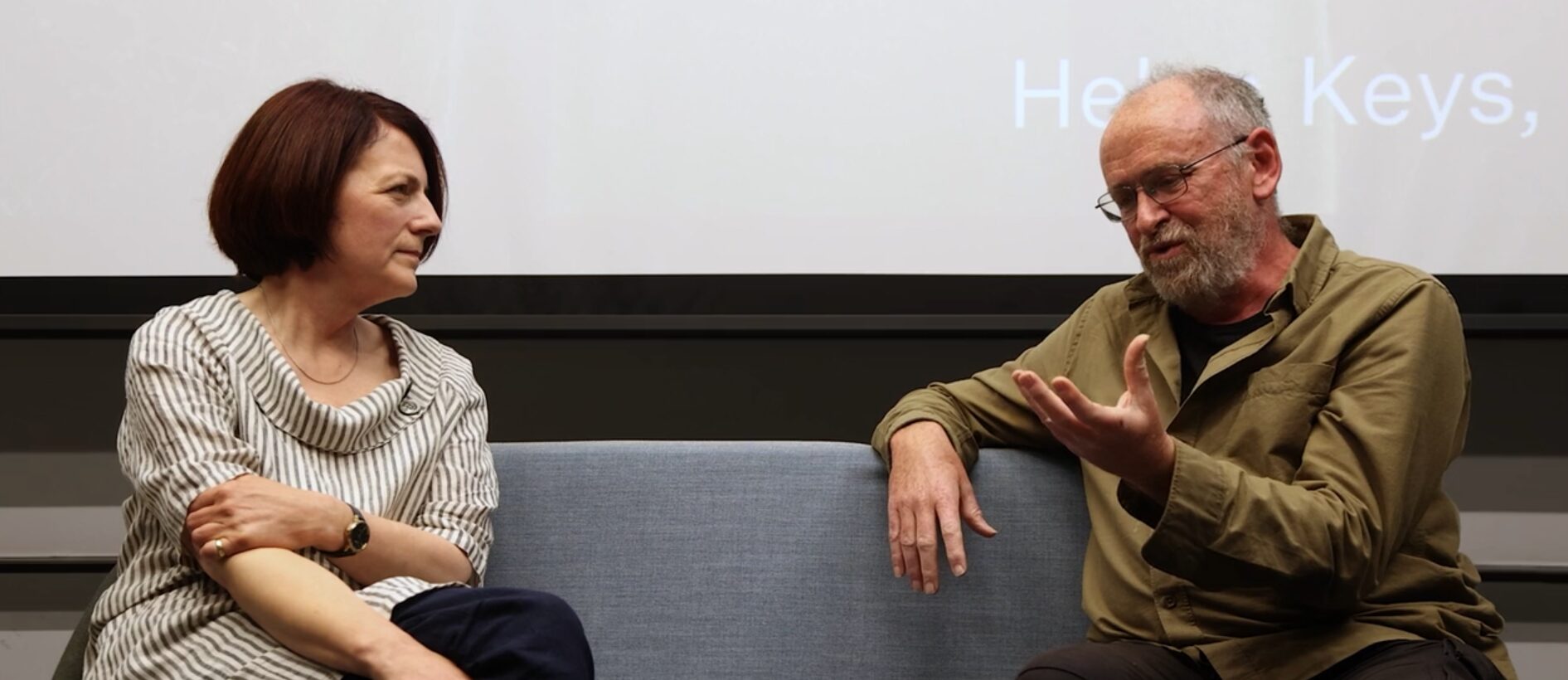For some, looking beyond our current globalised food system lies a landscape that’s difficult to navigate. ‘Big ag’ makes it hard for so many of us to meaningfully participate in the journey of our food from seed to plate.
Agrarian localism offers a model of farming rooted outside global markets, cultivating ‘job-rich’ locales that sustain livelihoods, restore biodiversity, and renew our connection to Earth and her bounties.
We have to all, whether we are farmers or not, take an interest in the production of food and fibre, and the production of livelihoods locally.
Chris Smaje
In this insightful Regenerative Conversation, Chris Smaje, author of A Small Farm Future, speaks with Helen Keys, from our Ireland story, about her experience of putting the concept of agrarian localism into practice, alongside a community of close collaborators.
“If we can produce something really well on the farm, add as much value to it as possible at the farm scale, and get it as quickly and directly as possible to the end user, in that kind of scenario, everyone should be better off.”
Helen Keys, flax farmer
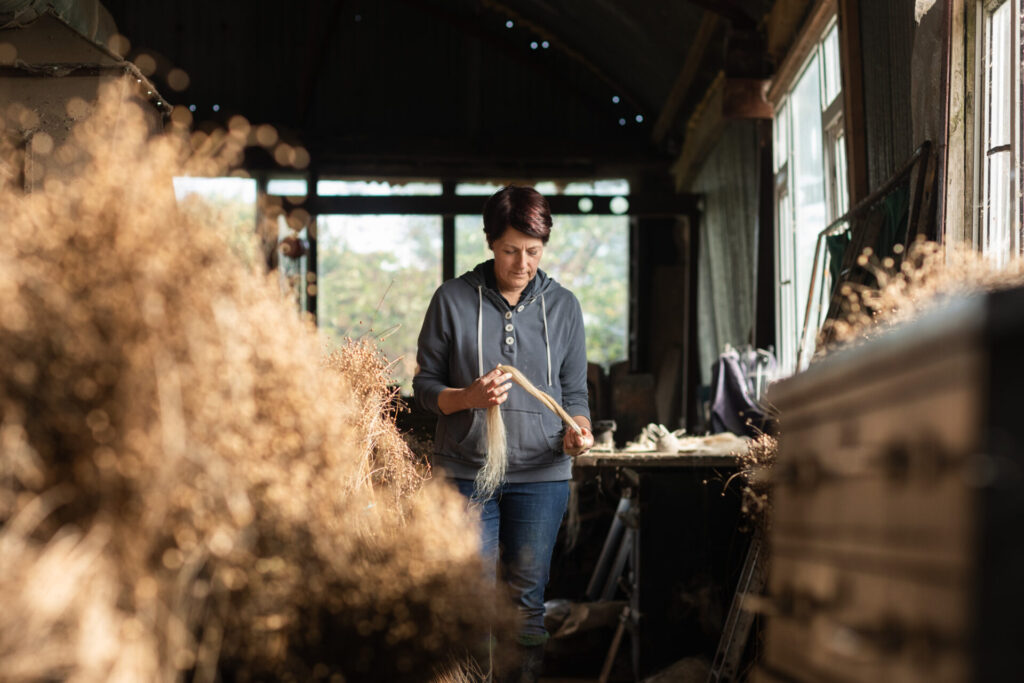
Upon discovering that flax for linen was no longer being grown on the island of Ireland, Helen Keys and her husband Charlie Mallon decided to sow the forgotten seeds once more on their family farm in County Tyrone.
“We should be looking for the things that nobody else is doing, rather than just copying what everybody else is doing. Look for that niche. And that, I think, is a good principle to bring more diversity onto your farm.” – Helen Keys, flax farmer
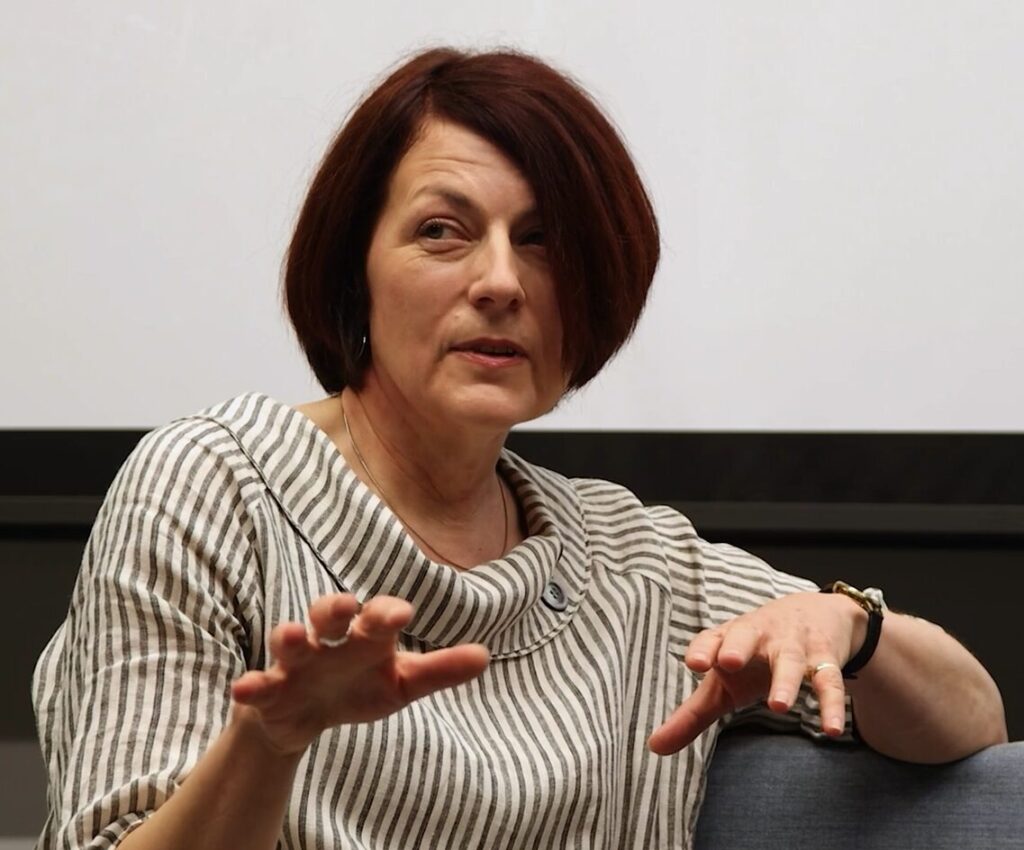
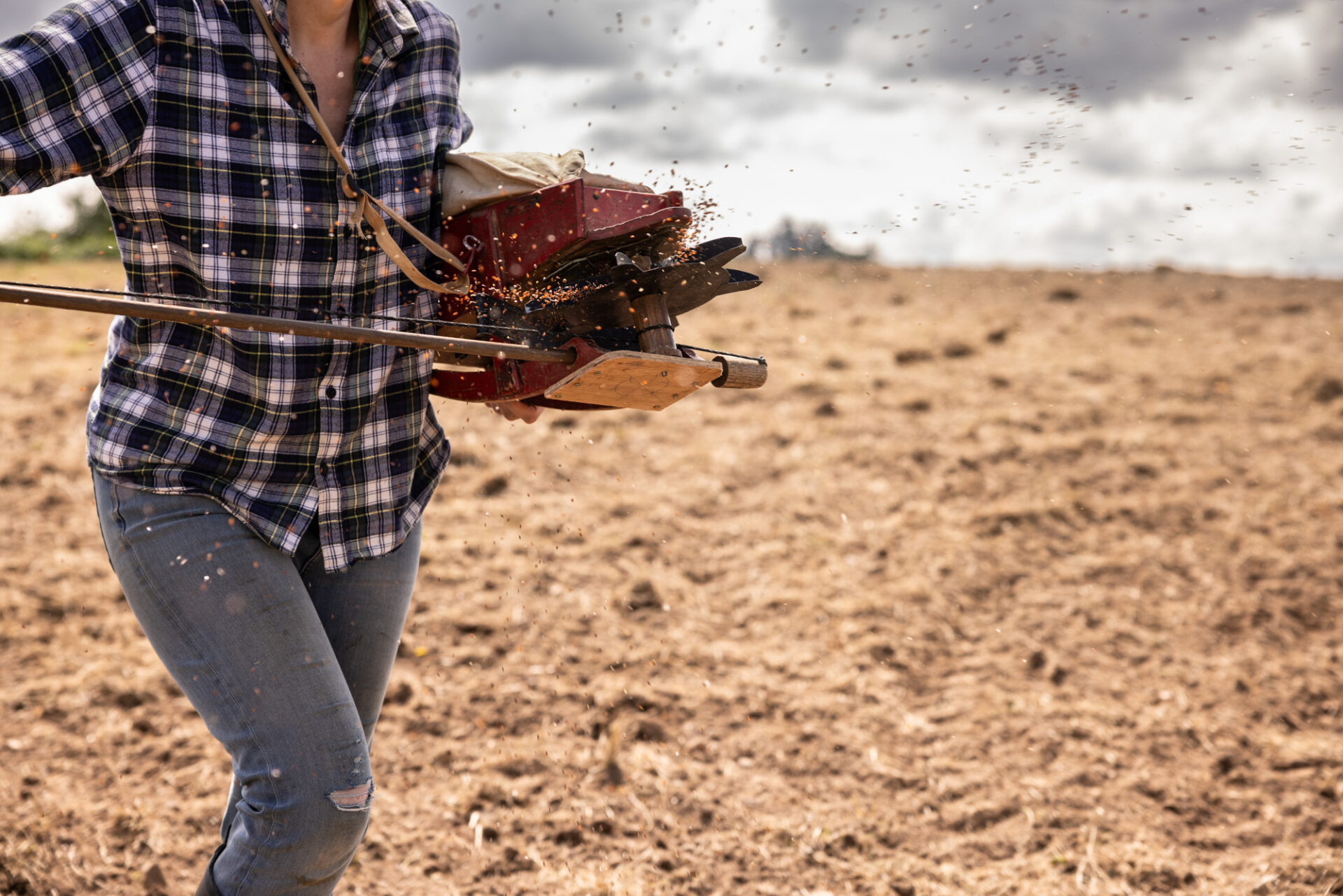
Wanting to regrow the Irish flax industry in a fair and distributed way, Helen speaks of shifting her mindset away from competition and towards collaboration. Working with others at every stage, from harvesting the flax to crafting replicable open-source processing machinery, Helen preaches the importance and the joys of this approach.
“Every year we harvest by hand. And you don’t have to do that. There are machines out there to do that. There is no reason other than that people love it. And it’s become a real event on the farm…What you produce on a farm is not just about making money. There is so much more to it.”
Mallon Farm has become a place where people reconnect with local food production, something that is vital for the future of agriculture.
“People are looking for meaningful engagement. You can absolutely find that in farming.
Chris Smaje
It’s about telling a different story. It’s about telling food stories, stories of the land, and not swallowing this line that nobody wants to [farm]. I think it’s really important to engage people’s enthusiasm around food.”
Chris Smaje is a strong advocate for agrarian localism as (part of) the solution to the many interlocking crises of our times. By changing the narrative around agriculture and reconnecting people with the land, their food, and each other, we can better tackle the many other related challenges we collectively face.
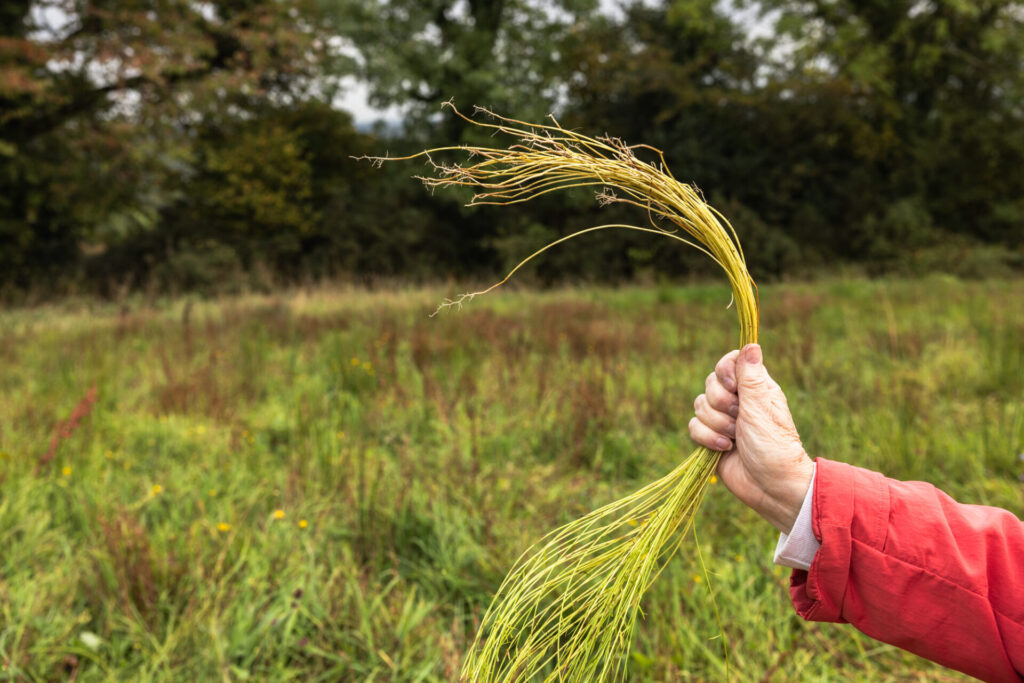
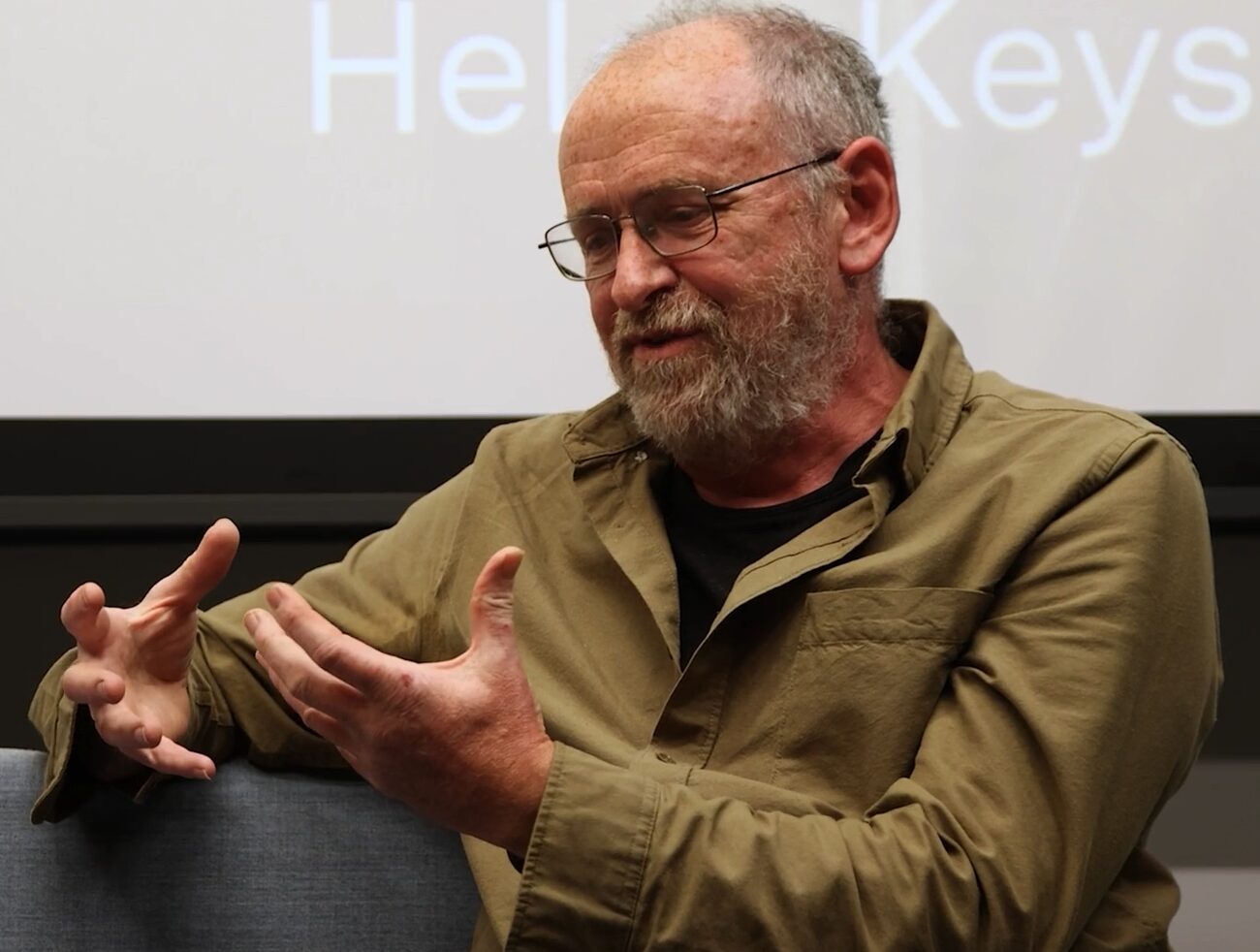
“There’s a lot of farmers who are willing – and in many ways, able – to diversify and rethink things on the farm and a lot of consumers who are potentially willing to pay a little bit more and who understand there is a larger context to this, but sometimes it’s the processing or the intermediaries between farmer and consumer that have gone missing.”
Chris Smaje
Learning from examples like Mallon Farm, we can begin to address some of the gaps in the path to the smaller-scale, more localised farming that Chris Smaje refers to in his work.
We are deeply grateful to Helen and Chris for sharing their wisdom in this positive discussion about the potential to change food production for the better from the ground up, as well as to Cherry Truluck for holding the conversation so beautifully.
Catch up on all our reflections from the Open House event on 10 May, and dive into the other Regenerative Conversations from the day, on sustainable fishing, a grain revolution, and the importance of seed diversity.

